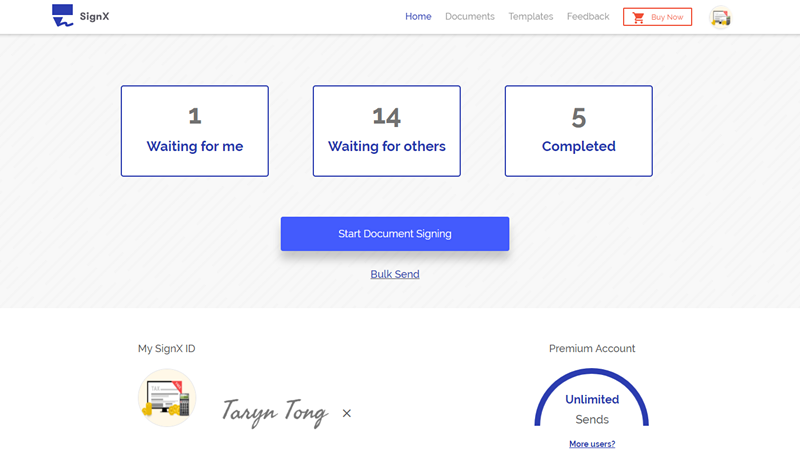Contracts are everywhere. From a marriage contract to a business or real-estate contract, most of us come into contact with some type of contract on a daily basis. Yet. Very few understand what a contract is exactly or how they should handle contractual negotiations and legalities. In this article, we will take a look at what a contract is and how it affects you. We begin with contract definition and even describe the different types of contracts and how they affect you.
Part 1 Contract Definition and Meaning

A contract can be defined as a deliberate, voluntary and legally binding agreement between two or more parties. A contract can be a written or oral agreement and sometimes even an implied agreement and can be about anything although the most common sectors that deal with contracts include employment, leases, sales and tenancy.
For a contract to be binding to the parties, there must be an offer and both parties must accept the offer. There are also has to be legal consideration and an exchange of values where each party offers the other a value in exchange for another value. Each of the parties involved in the agreement must benefit in equal measure from the terms of the contract.
Contracts can be enforceable whether or not they are in written form. A written contract is however more enforceable and protective to all parties. In fact, there are some contracts that are not enforceable unless they are in written form. The way the parties demonstrate their commitment to the contract by signing the written agreement.
Part 2Essential Elements of Contract
There are certain elements that must be present for a document to be defined as a contract. They include the following.
1. An Offer
Any contract begins with an offer. In order for the offer to be considered valid, the offer must include clear communication, definite terms and commitment. The offer must include a commitment to be bound by the terms if the agreement. The terms must be clear to both parties.
2. Consideration
Consideration is the agreement by both parties about what they are going to do or what they are not going to do. Consideration must be fair to both parties. For example, when you agree to sell someone something, your consideration is surrendering the item you are selling and your customer's consideration is agreeing to buy the item and giving you money for it.
3. Acceptance
All parties must accept the terms stipulated in the offer. This is why one of the most important actions in the creation of a contract is negotiation. It is important for both parties to negotiate the terms of the offer and come to mutually agreeable terms.
4. Written Requirement
While a contract can be oral, it is much more secure if all the terms are out in writing and the parties demonstrate their commitment to the terms by appending their signatures to the document. There are some types of contracts that can't be legally binding unless they are in writing.
Part 3 Different Types of Contracts
The following are some of the different types of contracts that two or more parties can enter into.
1. A Valid Contract
A valid contract is a legally-binding contract that has been made in accordance with all requirements stipulated in law. A valid contract can become voidable if it's enforcement has been somehow compromised like for example, if one of the parties was coerced or forced to sign.
2. An Executed Contract
This is a contract that has been completed and nothing remains for either party to do. For example, if you agree to pay a salesman $200 for a desk and the salesman delivers the desk after taking the money, the contract is complete and therefore executed.
3. An Option Contract
An option contract is a contract that gives the agreeing parties the option to get into another contract in the future. One of the most common types of contracts is contracts that deal with real estate particularly rent leases. The tenant can enter into an agreement with the landlord that grants them the option to purchase the property after a specified period of time.
Part 4 The Best Tool to Sign a Contract

To agree to and accept the terms of the contract, the parties need to place their signatures on the document. The ability to do that remotely using an e-signature service like SignX makes the process of validating the agreement that much easier. The e-signature service is useful for signing all kinds of documents and then send the same document to others for signing. This makes it the ideal tool to sign a contract since the person drawing the contract can sign the document and use SignX to enter the email address of the other parties so they can then sign the document.
Its other features include unmatched document management and the ability to send reminders to the signers to ensure the document is signed in time. You can also set a reusable templates in order to save your time and efforts.

